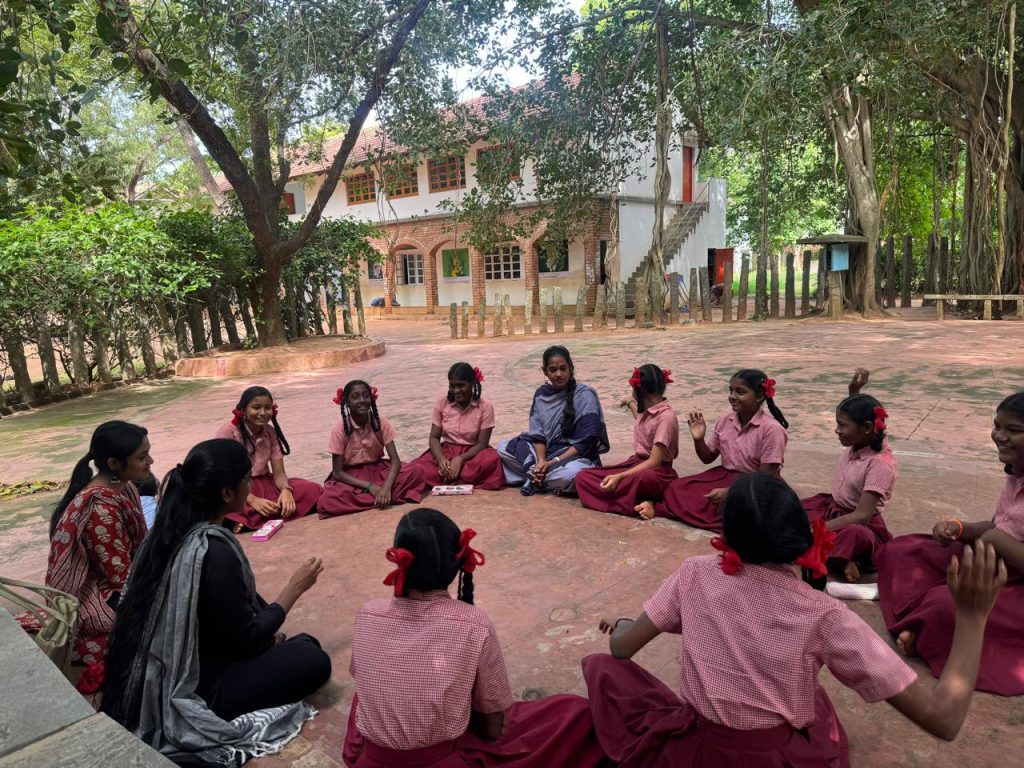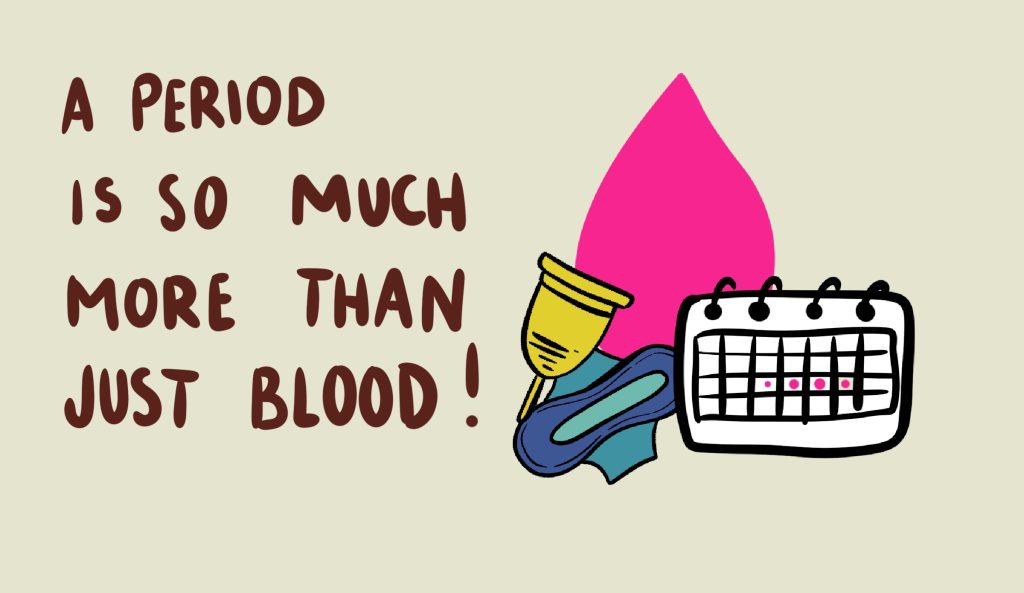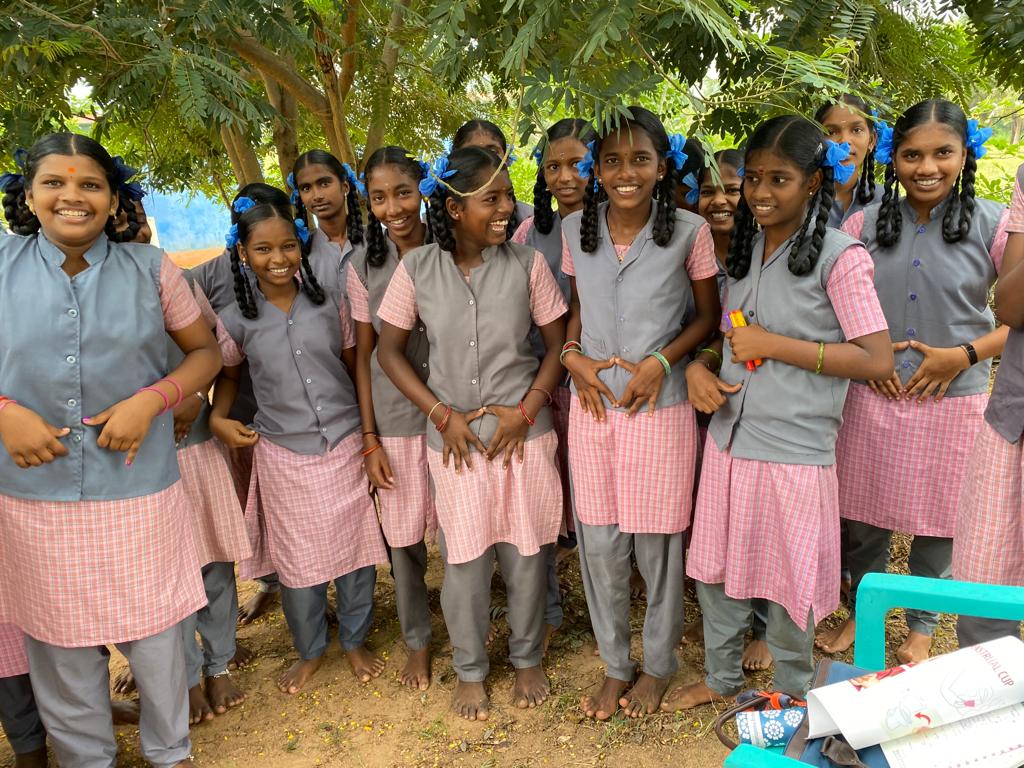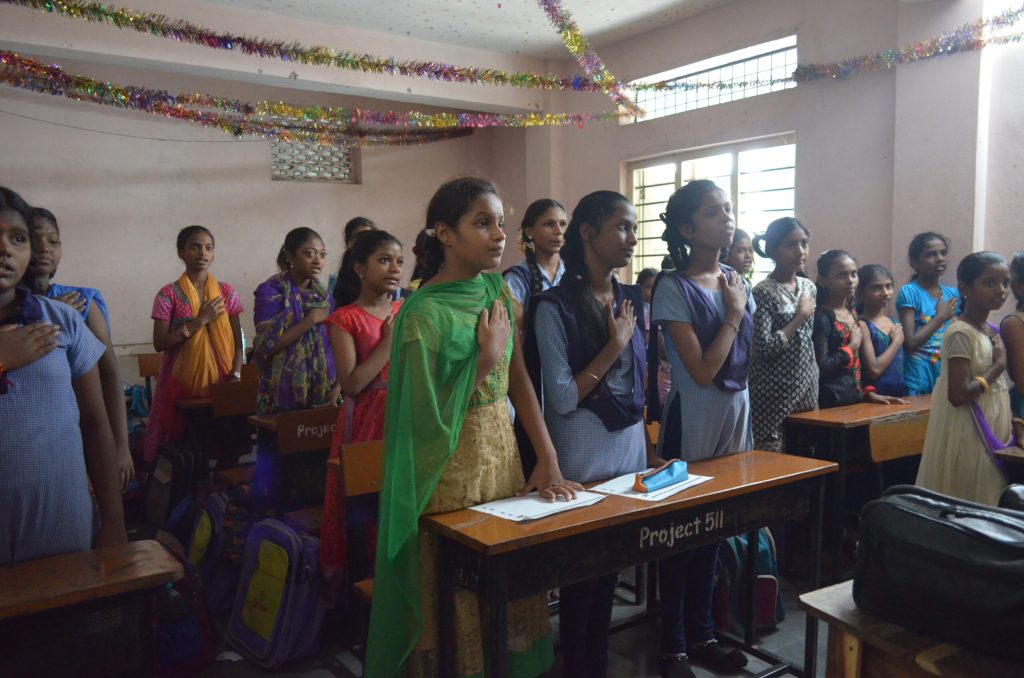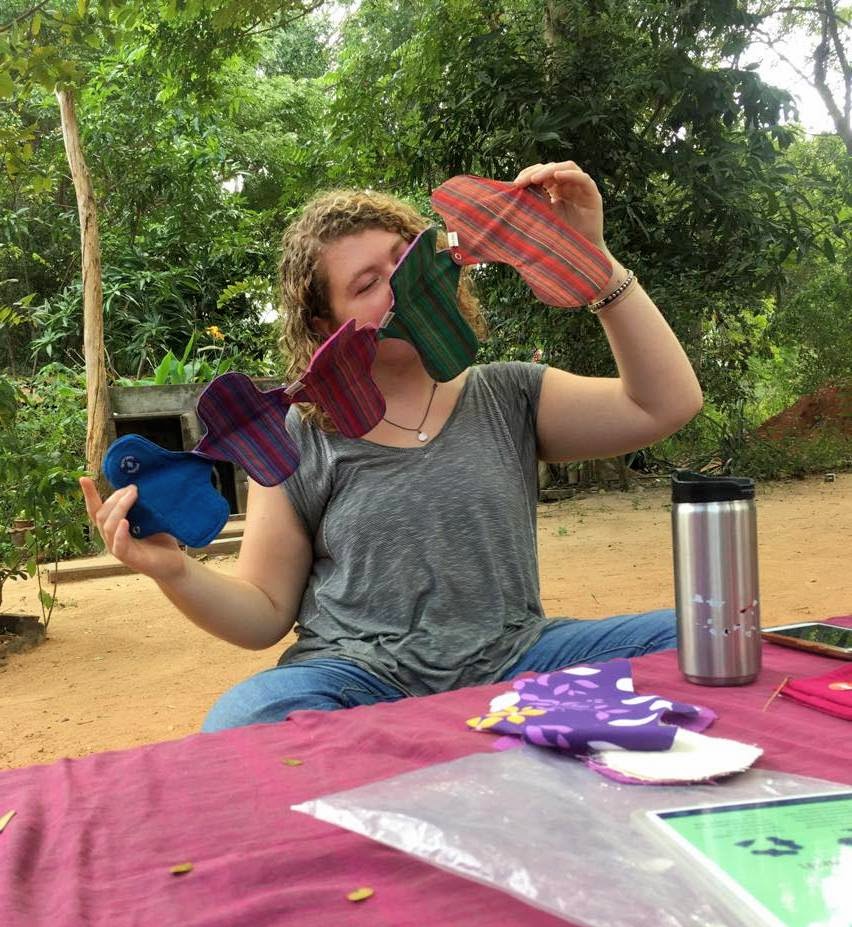Eco Femme Communications Manager, Natasha, shares her story on switching to sustainable menstrual products for better health.
Periods have always carried a negative connotation in my head, largely owing to the painful cramps that keep me bedridden on my first two days. Throughout my life, this has been an experience that I dreaded and unfortunately one that I did not have a choice over. This was not something I could wish away with a click of my fingers. Or something that I could sleep through and wake up to a perfectly balanced body and mood. Every month brought along three uncomfortable days that I endured with a frown and mounds of sweet treats. Yes, some would say that I am one of the lucky few to have a 3-day cycle. But would I trade an additional few days of dispensing blood from my system over spending two whole days holding my stomach and conjuring enough curses to write an epic? Yes!
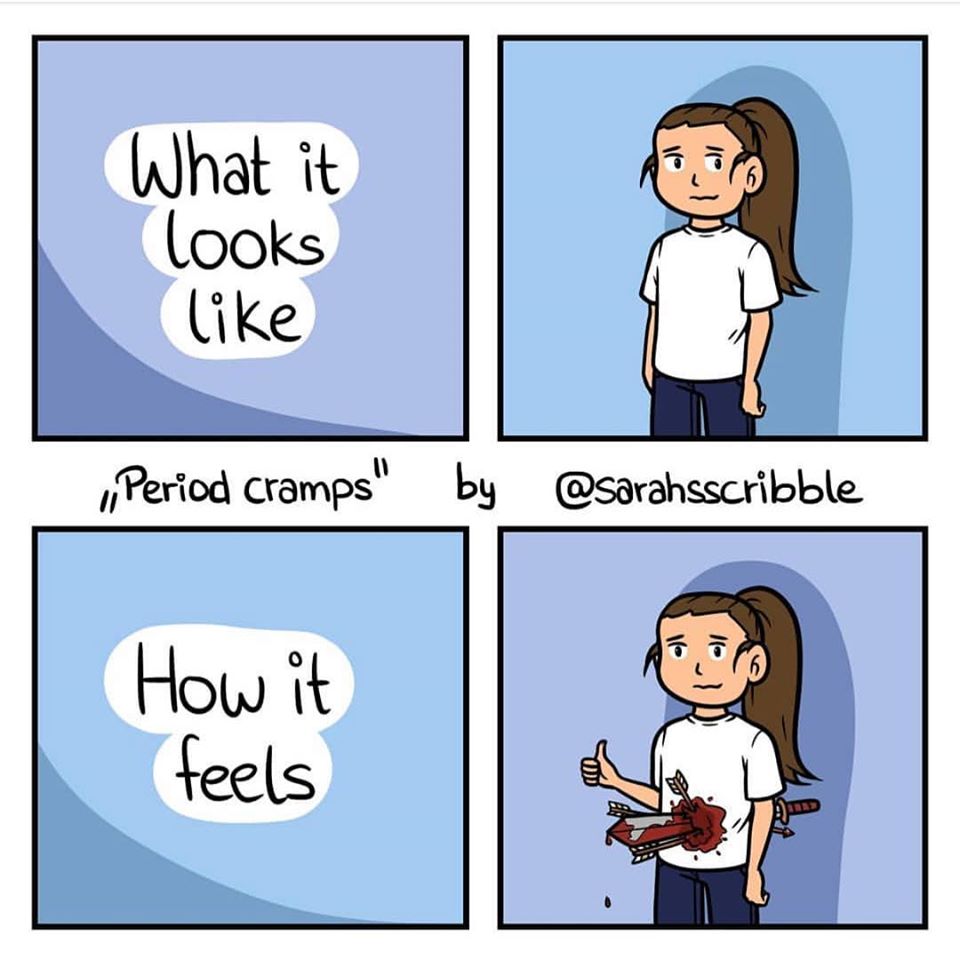
But this is what my body had chosen for me and I had to make peace with that. However, the pain was not the only thing about the monthly visitor that got my goat. It was those plastic sheets of absorbent, disposable pads, that I stuffed between my legs during the cycle.
Years of exposure to advertisements, telling impressionable minds how disposable pads are the answer to a stayfree, carefree life largely influenced my decision to cling on to them to carry me through my cycle. But as I grew older, plastic absorbents reformed in more horrendous ways. Some carried a blue tinge while others were artificially fragrant. As opposed to the friendly message that they were spreading through mass media (usually about a happy-go-lucky girl prancing around in white pants), they were, i fact, advocating that periods were something that had to be kept hidden. The real colour of your blood, or the natural scent that your blood carried, were something that had to be masked.
Slowly, I began to realise the additional damage that these pads were doing to my body. I started developing rashes around the area that was cocooned under the pad. The situation had become so bad that by the time the rashes healed, it was already time for my next cycle. Yet, for almost 15 years,I ignored the uneasiness and continued to brave through every month, hating my periods a little more month after month.
But with age came the maturity of understanding many other factors that were giving me reasons to look at a better alternative on handling my periods. Research evidence started surfacing on how damaging disposable pads were to the environment. Not to mention, they were also burning a hole through my pocket. It was time to be an adult about this and face the facts.
A month-long visit to Auroville brought me up close with Eco Femme. Until then, cloth pads were always something that brought back memories of my mother telling me how uncomfortable it was for them to use a piece of cloth during their periods and how disposable pads were the messiah. But unlike most of my peers, I was willing to understand this new product. And boy, am I glad about that.
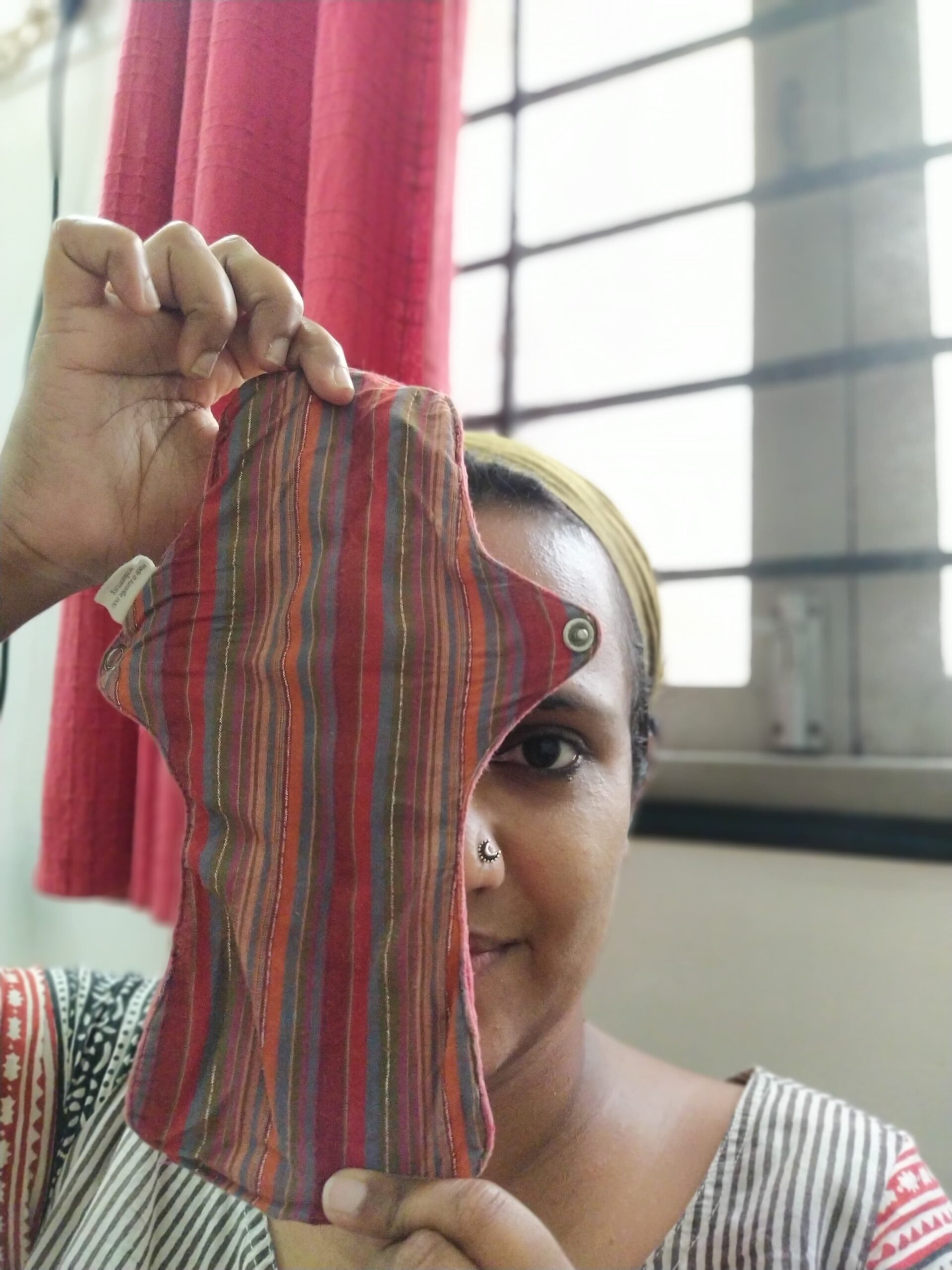
After reading up about Eco Femme and everything they stood for, I took it upon myself to at least try the product. I might hate it; I might love it; but I had to try to know. The pad felt very different on the first day, but in a good way. And, it surprised me that my pad still didn’t feel full when my disposable ones would have otherwise made me change twice in the same time. Not to mention, coming from a hot and humid town like Pondicherry, drying them in the sun was easy breezy. Which meant they were ready for reuse in no time. And, thanks to the leakproof layer, which is the only thin plastic element in the pad, I did not have to worry about my underwear getting soaked.
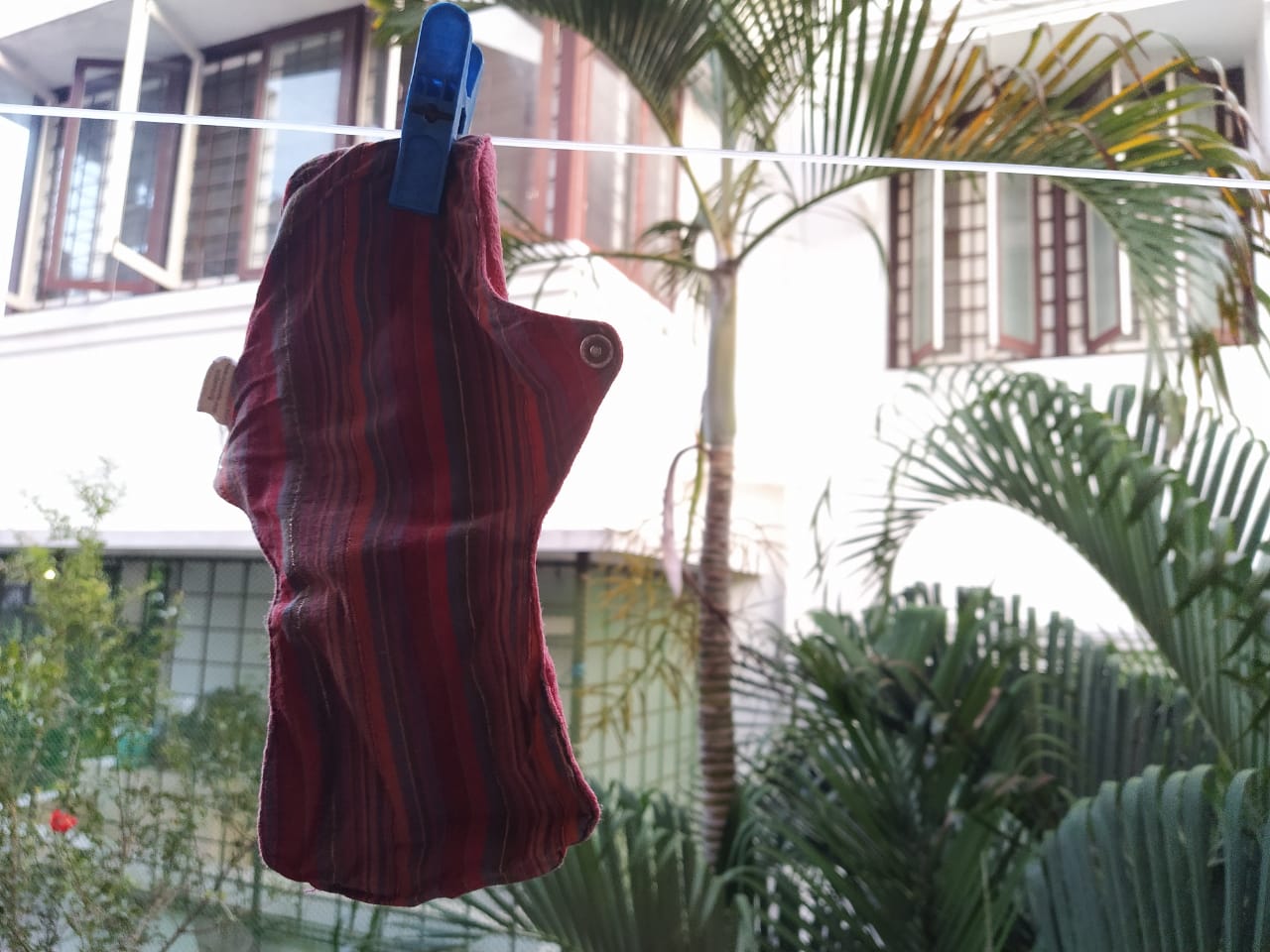
Over months I began to see how this made so much sense. I was saving more, and the rashes were all gone. Now all I have to deal with are the cramps.
Cloth pads have certainly been a blessing. In an age where people are shifting to menstrual cups, I have never been comfortable with the idea of putting something inside my body. So, cloth pads became my solution to a sustainable and healthy period.
Natasha – Eco Femme Communications Manager



